Why Do Newborn Kittens Get Hiccups?
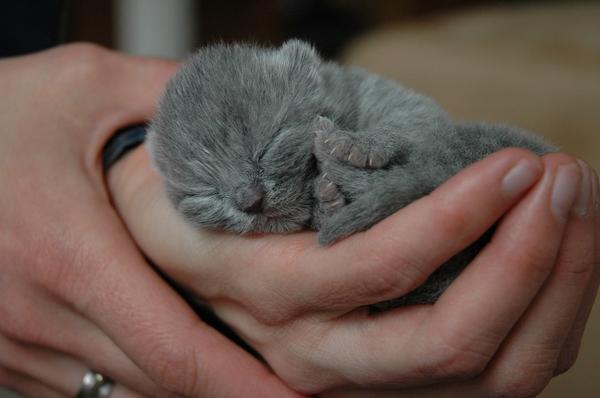
Dread, worry, and fret – we've all been there.
Your heart sinks as you watch those tiny kittens, their adorable bodies regularly interrupted by unnecessary contractions.
But fear not, dear reader! 😊
Why should we suffer in silence while furballs endure such discomfort?
Have you ever wondered why newborn kittens get hiccups?
And more importantly, how can we provide them some much-needed relief?
Well, today is your lucky day.
Let's dive into the world of feline hiccups together and put those worries to bed.
Ready?
Let's find some purr-fect solutions!
Why Does a Newborn Kitten Get Hiccups?
Newborn kittens may get hiccups due to their developing diaphragm muscles and respiratory system. Swallowing air while feeding, excitement, stress, overeating, and inhaling excess air during nursing can also trigger hiccups. Hiccups may even occur before birth, aiding in their development.
Hiccups in little newborn kittens can arise from various causes.
One possibility is that hiccups may actually be beneficial for their growth and development. How, you ask?
Well, those cute little hiccups could assist the kittens in working out their respiratory system and strengthening their diaphragm and respiratory muscles.
Sounds pretty cool, right?
Another potential trigger for hiccups in these tiny bundles of fur is when they swallow air while feeding – whether it's hairballs or when they gobble down their food too quickly.
So, it's crucial that you feed your little furball in a slow and steady manner.
Remember, patience wins the day!
Excitement, stress, overeating, and even inhaling excess air during nursing are other common sources of hiccups in newborn kittens.
You get the idea.
Here's something interesting to consider:
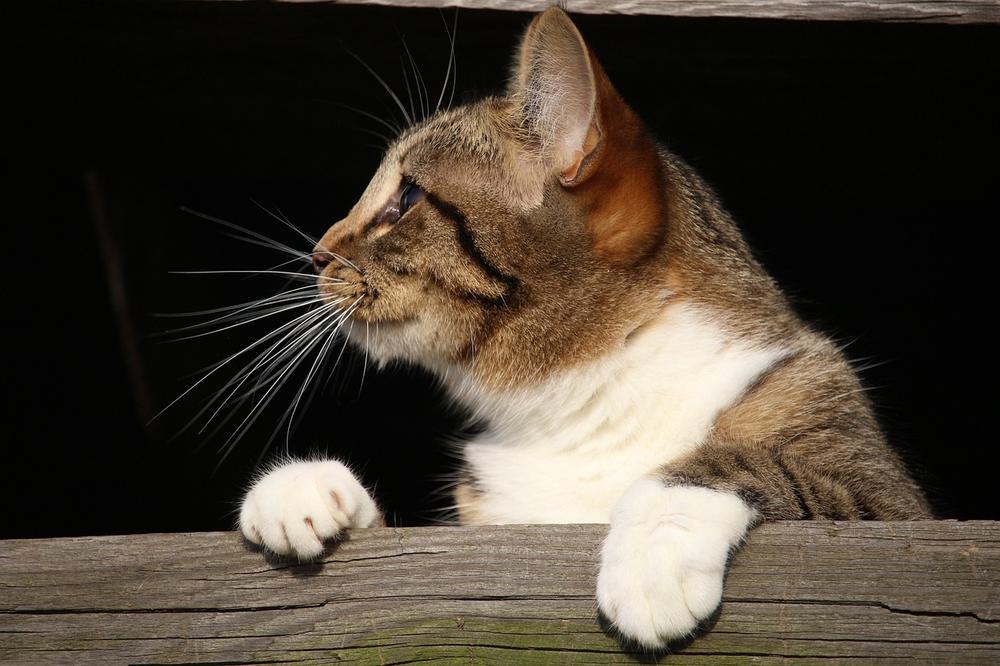
Newborn kitties often experience these sudden contractions of the diaphragm and muscle between the ribs because their diaphragm muscle is still developing.
It's all part of their growth process.
Now here's an intriguing fact:
Hiccups can even occur before these adorable creatures are born.
That's right – kitten hiccups might have a role to play in their development prior to entering this world.
So, my friend, when you witness your precious newborn kitty hiccuping away, there's no need to fret.
It's simply nature taking its course.
Main points I'll expand upon further down this article:
- Newborn kittens often experience hiccups, which are normal and harmless.
- Hiccups in kittens can be identified through abdominal spasms and wheezing noises.
- Scaring or yelling at a hiccupping kitten can cause anxiety.
- Monitor the kitten's diet and provide warmth and comfort.
- Using a slower-flow nipple and tilting the kitten's head upward during feeding can help prevent hiccups.
- Home remedies for hiccups include drinking water, making the kitten burp, and gentle chest/back rubs.
- Providing distractions, such as toys or petting, can soothe hiccups.
- Frequent and patterned hiccups may indicate a more serious underlying condition.
- Seek professional help from a veterinarian if hiccups persist or have a consistent pattern.
- Join online communities for support and advice from other cat lovers.
But here's something you may be wondering...
How long do these hiccups typically last?
And are they really a cause for concern?
Well, let me put your worries to rest.
In the next section, we'll dive deeper into the normalcy of newborn kitten hiccups and assure you that they are nothing to lose sleep over!
So, buckle up, my curious feline enthusiasts, because you're about to discover all there is to know about these adorable little hiccuping furballs!
Is It Normal for Kittens to Have Hiccups?
Hiccups in newborn kittens, like in humans, are normal and common. It is a natural occurrence experienced by the feline species.
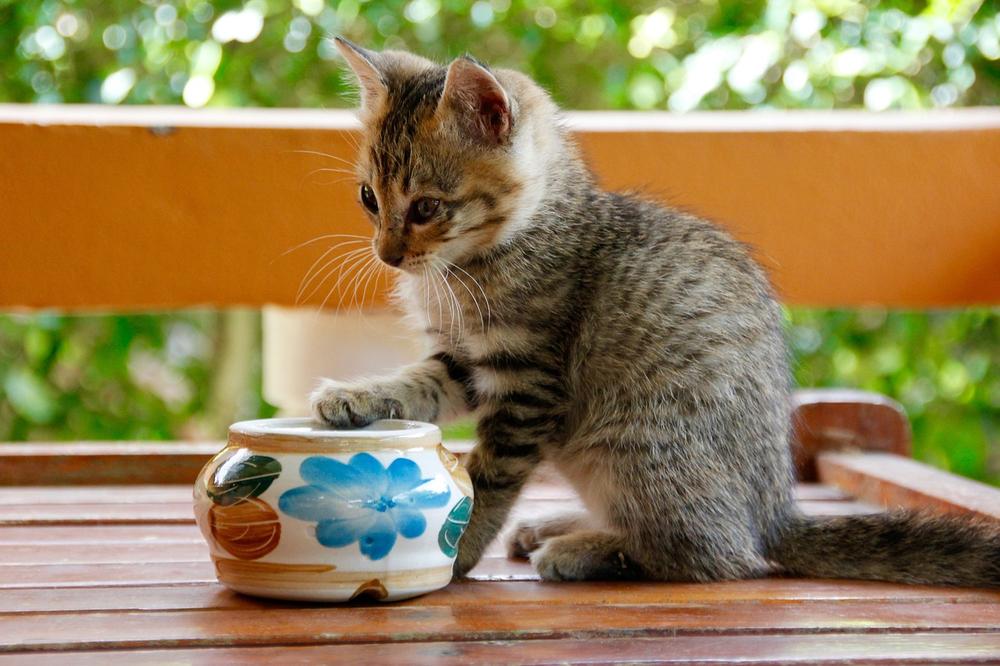
These hiccups are harmless and should not be a cause for concern.
They typically last from a few seconds to a few minutes and can happen multiple times throughout the day for newborn kittens.
So, if you notice your little furball hiccuping, don't fret – it's totally normal and nothing to worry about.
How to Tell if Your Kitten Has Hiccups?
When it comes to hiccups in kittens, there are a few things to please keep in mind:
- Look for abdominal spasms. This is a subtle sign that your kitten may be experiencing hiccups. You might notice their tummy twitching or contracting.
- Listen for wheezing or squeaking noises during breathing. Hiccups can sometimes cause these unusual sounds as your kitten tries to catch its breath.
- Remember, kitten hiccups are different from human hiccups. While we might experience the typical "hic" sound, kittens tend to show more physical signs.
- Don't panic if you see spots on your kitten's tummy. These are often normal and not a cause for concern, especially around the umbilical area.
- If you're still unsure whether your kitten has hiccups or some other issue, consider taking a photo for further assessment. Sometimes visuals can provide more clarity for potential concerns.
So, keep an eye out for these signs and remember, hiccups in kittens are generally harmless and will usually resolve on their own. 😺
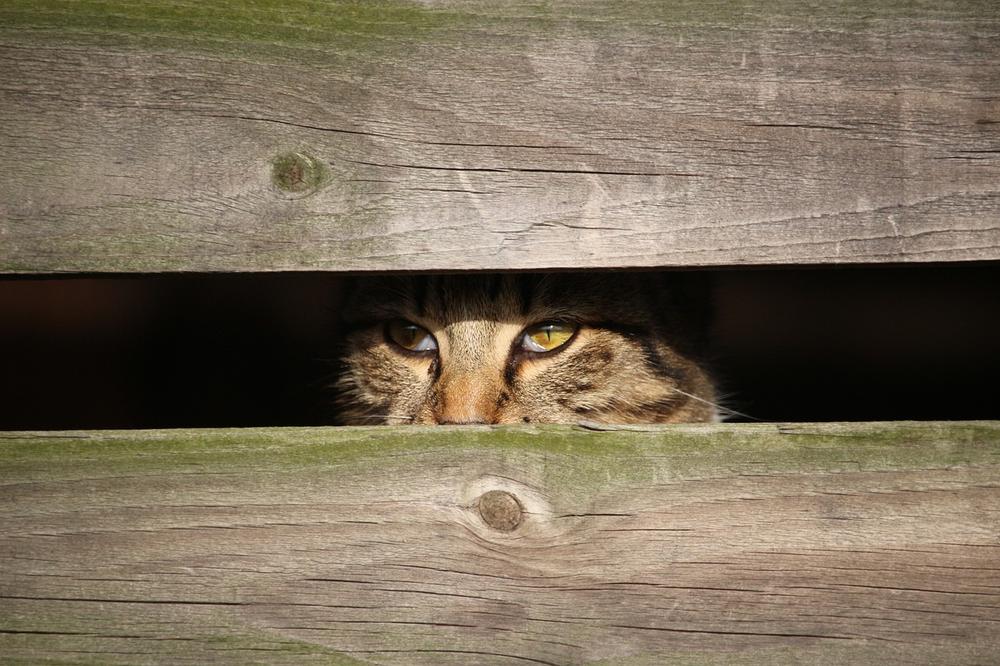
And now, let's explore some practical tips and techniques to help ease your kitten's hiccups and provide them with the care they need.
So, here's what I suggest you do...
What to Do When Your Newborn Kitten Has Hiccups?
When your newborn kitten has hiccups, it can be quite concerning.
But don't worry, here are some tips to help you handle the situation:
- Keep calm and refrain from scaring or yelling at your little feline friend. This can only increase their anxiety levels.
- Monitor their diet carefully. Overfeeding or feeding too quickly can often lead to hiccups in kittens.
- Provide warmth and comfort to your kitten during and after the hiccups. Holding them gently can calm their nerves and soothe their discomfort.
- Consider using a slower-flow nipple while feeding to prevent them from gulping down milk too fast, which can contribute to hiccups.
- Tilt their head upward slightly during feeding to encourage slower drinking and reduce the risk of hiccups.
- Offer a stuffed animal for cuddling. This provides a sense of security and can distract them from the hiccups.
- Allow them to suck on your hand to simulate nursing behavior. This can sometimes interrupt the hiccups and provide comfort.
- Apply a small amount of baby powder to their fur. It helps absorb excess moisture and makes cleaning up easier if they have an accident.
- Make sure to stimulate them to pee before and after each feeding. This helps prevent chafing and keeps them comfortable.
Hiccups in kittens are usually harmless and will fade on their own.
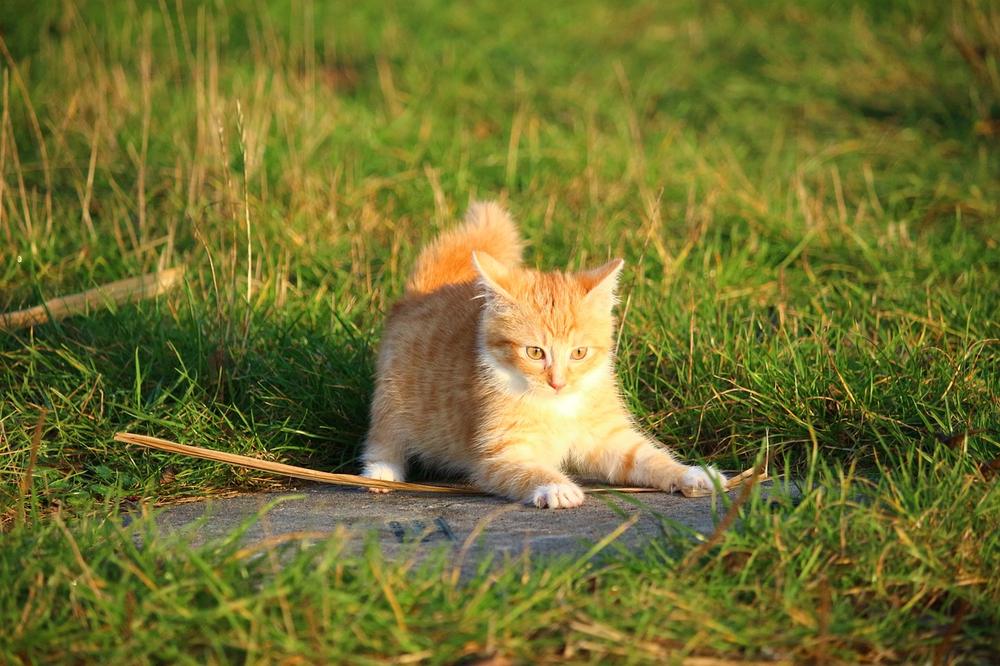
Stay calm, follow these tips, and give your furry friend all the love and care they need!
Furthermore, in case your little furball is showing signs of picky eating and refuses to bottle feed, I highly recommend checking out my guide on how to successfully handle this challenging situation.
You can find helpful tips and strategies in my article "How to Bottle Feed a Kitten That Wont Eat" to ensure your precious kitten receives the nutrition it needs without stress.
With this expert advice, you'll be well-equipped to confidently navigate through any feeding difficulties.
Home Remedies for Treating a Newborn Kitten’s Hiccups
Try giving the kitten a little water and patting its back
When it comes to treating hiccups in newborn kittens, you can try a few simple things at home. One is to give them a small amount of water, just like we do for ourselves when we have hiccups.
Another thing you can try is gently patting their back after they eat, which can help them burp and find some relief from those pesky hiccups.
Soothe hiccups by rubbing their chest and using familiar scents
If your little furball is still hiccuping, don't worry.
There are more tricks we can try.
You can soothe their hiccups by calmly rubbing their chest or back.
This can help relax their muscles and stop the hiccups.
Another thing you can do is offer them a little bit of sugar water or warm milk.
Just be careful not to dilute the milk too much, so they're not left feeling hungry afterwards.
You can also try other calming techniques, such as massaging their stomach, giving them toys or pets to distract them, and providing scents that remind them of their mother or siblings.
Creating a calm and comforting environment can work wonders!
Prevention is key - slow down eating and reduce hairballs
Now, if you want to prevent these hiccups from happening in the first place, I have a couple more ideas for you.
Using puzzle feeders can help slow down your kitty's eating pace, preventing hiccups caused by gobbling up food too quickly.
Another important tip is to regularly brush your cat. This will help get rid of any excess hair and reduce the chances of hairballs, which can lead to hiccups.
Trust me, both you and your little furball will appreciate it!
When Should You Seek Professional Help for Your Kitten’s Hiccups?
When it comes to your kitten's hiccups, here are 10 things you should keep in mind:
- Pay attention to how long and how often the hiccups occur.
- If the hiccups persist or happen in a predictable pattern, it's time to reach out to a vet.
- Don't forget that hiccups in kittens could be a sign of an underlying health issue.
- Seek help from a professional if the hiccups suggest problems like asthma, parasites, or heart disease.
- Engage with cat lover communities online to share experiences and ask questions about hiccups.
- Be aware of abnormal colors in diarrhea, such as bright yellow, white, bloody, or very watery.
- Understand that newborn kittens may have normal bouts of diarrhea.
- Listen for a ticking sound when your kitten breathes, as it might indicate fluid in their lungs.
- Keep up with deworming treatments at the recommended intervals since worms are common in kittens.
- If the hiccups last for days or weeks, don't hesitate to consult a vet for a proper diagnosis and treatment.
Stay watchful and seek professional guidance whenever necessary to ensure your kitten stays healthy and happy.
Causes of Hiccups in Cats
| Common Causes of Cat Hiccups | How to Help Newborn Kittens |
|---|---|
| Eating too quickly | Ensure kittens eat slowly and take small bites to prevent hiccups. Encourage them to chew their food properly. |
| Consuming hairballs | Groom kittens regularly to minimize hair ingestion. Offer hairball prevention remedies recommended by a veterinarian. |
| Digestive discomfort | Provide a balanced and easily digestible diet for kittens. Avoid sudden changes in their diet. |
| Anxiety and stress | Create a calm environment for kittens. Minimize loud noises and avoid exposing them to stressful situations. |
| Cold or sudden temperature changes | Keep kittens warm and comfortable. Avoid exposing them to drastic temperature fluctuations. |
| Unknown causes | Monitor kittens closely for any signs of distress or discomfort. Consult a veterinarian if hiccups persist or worsen. |
Cat hiccups, like ours, happen sometimes.
It's not a big deal. Imagine your fuzzy feline making a little "gulp" or "chirp." That's how cat hiccups sound. Cute, huh?
Hiccups in cats can have different causes. Sometimes they're just bad eaters.
Hey, we all wolf down our food sometimes, so don't feel too bad if you catch Whiskers doing the same.
Hairballs are another culprit.
Those gross things can mess with kitty's tummy and give them the hiccups.
But sometimes, who knows?
Hiccups can come out of nowhere.
Don't stress though, nothing serious is happening.
Want to prevent cat hiccups whenever possible?
Limit stressful situations for your cat.
They may hiccup more when they're nervous wrecks. Also, make sure the temperature at home doesn't fluctuate like crazy.
Sudden changes can induce hiccups, both for kitties and us humans.
And one more thing:
Make sure your pal chews their food properly.
That helps minimize hiccups.
Overeating can lead to swallowed air, which causes hiccups. Let's help Fluffy enjoy her meals without any unexpected gulp-ulp.
And that wraps up today's article.
If you wish to read more of my useful articles, I recommend you check out some of these: Why Do Cats Pant in the Car, What to Expect After Deworming a Cat, Why Wont My Cat Drink Water From Her Bowl, Can You Shave a Cat to Get Rid of Fleas, and Does Cat Hair Grow Back
Talk soon,
-Sarah Davis